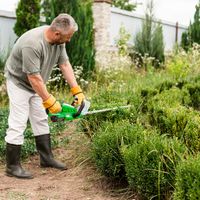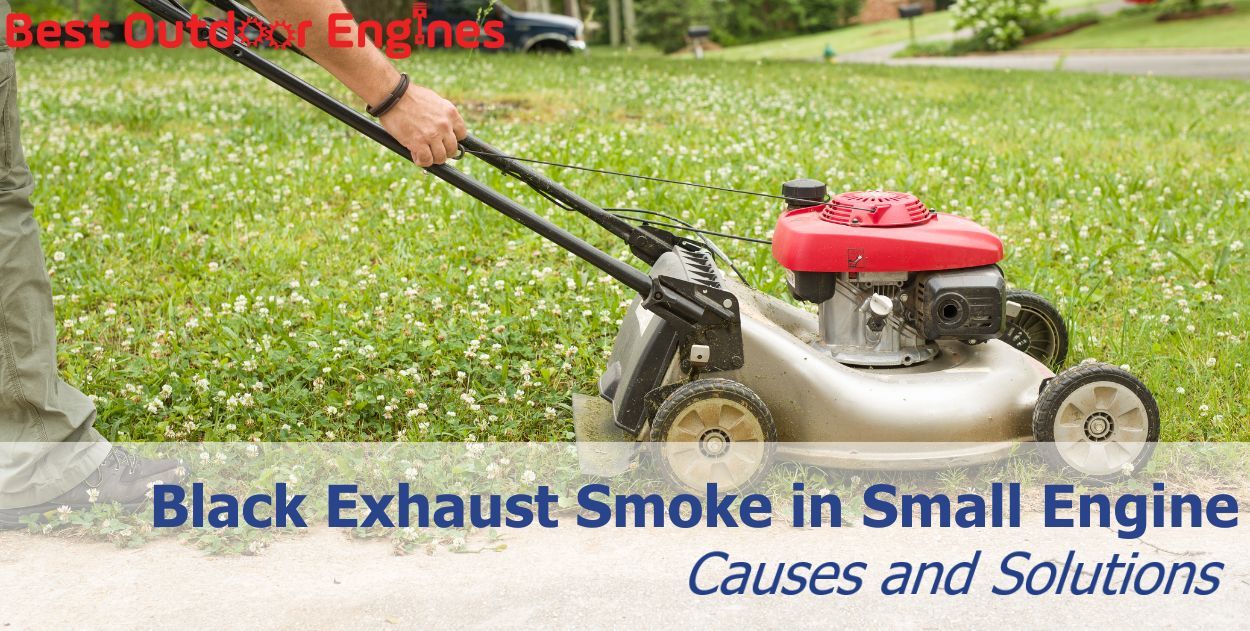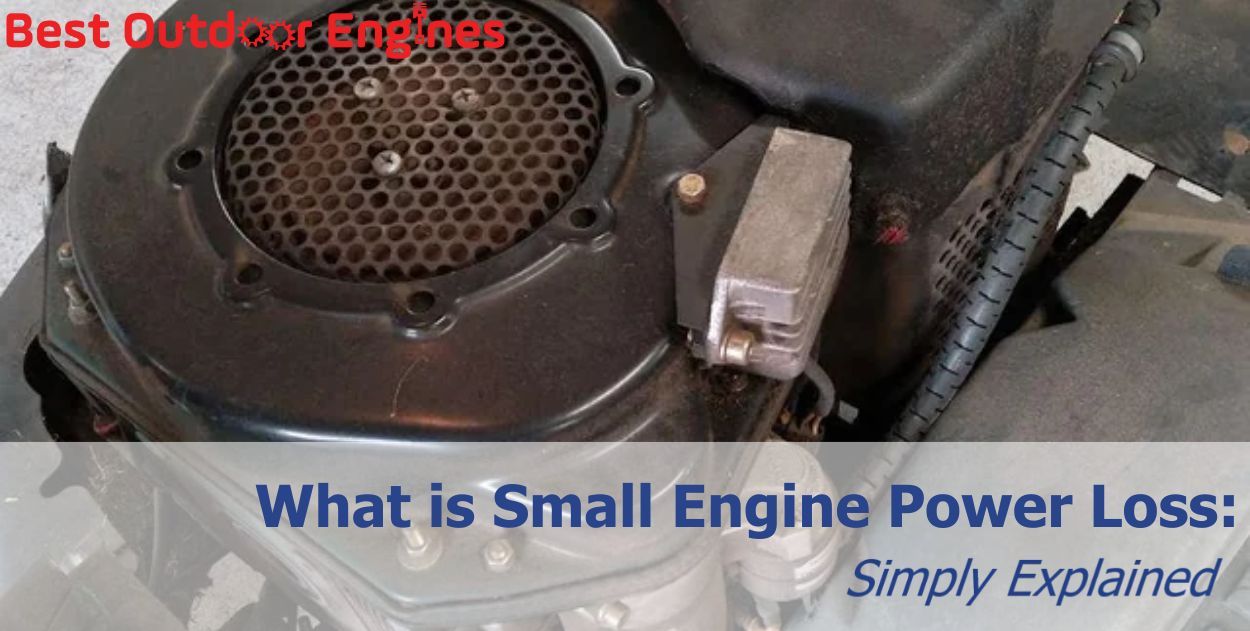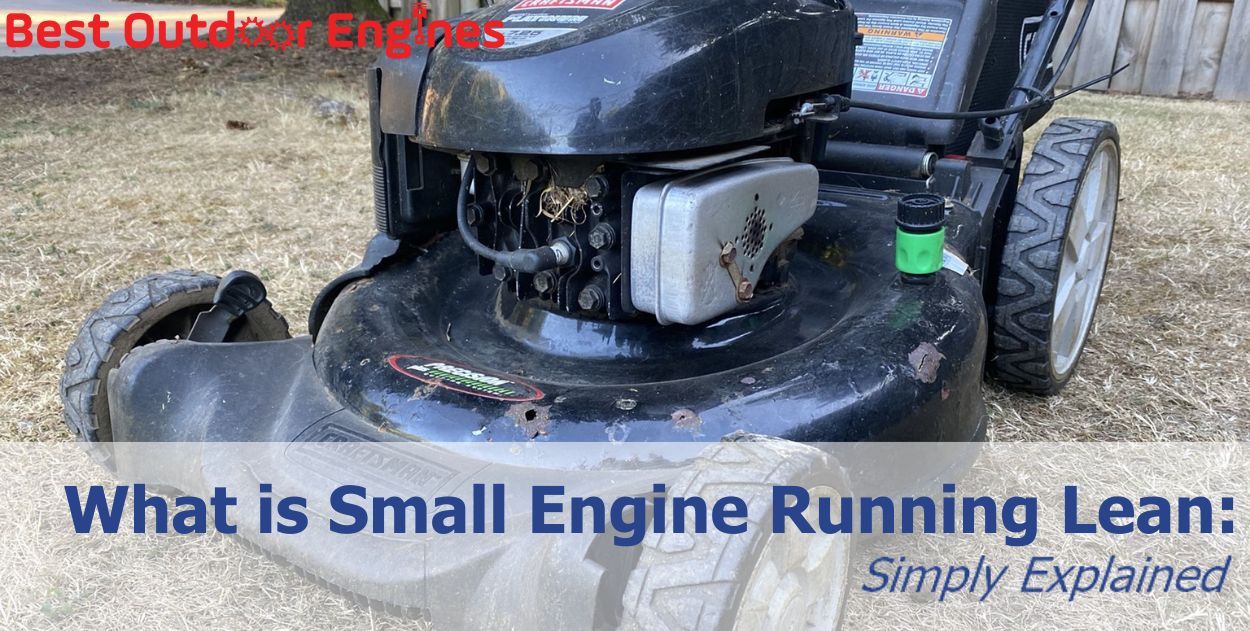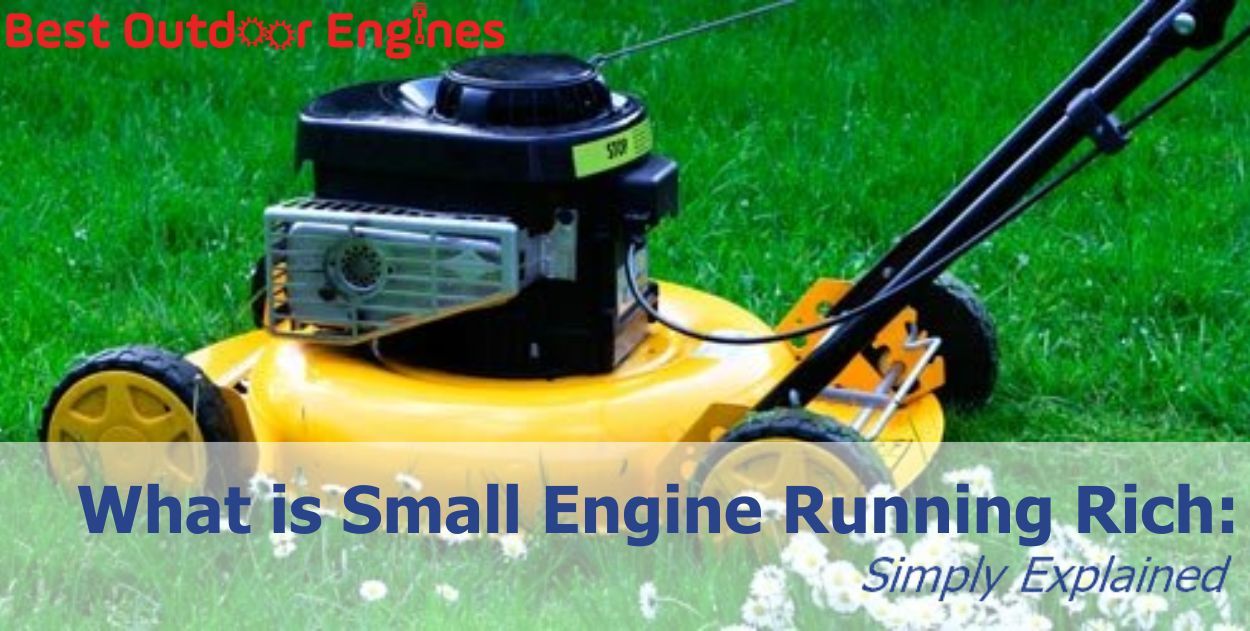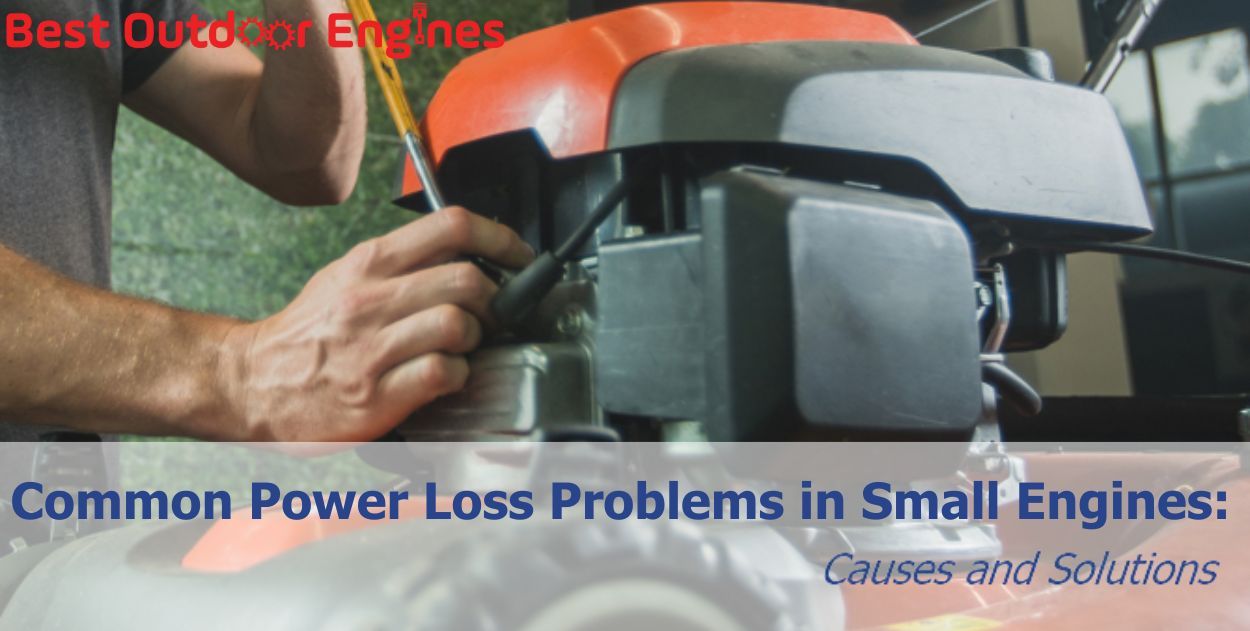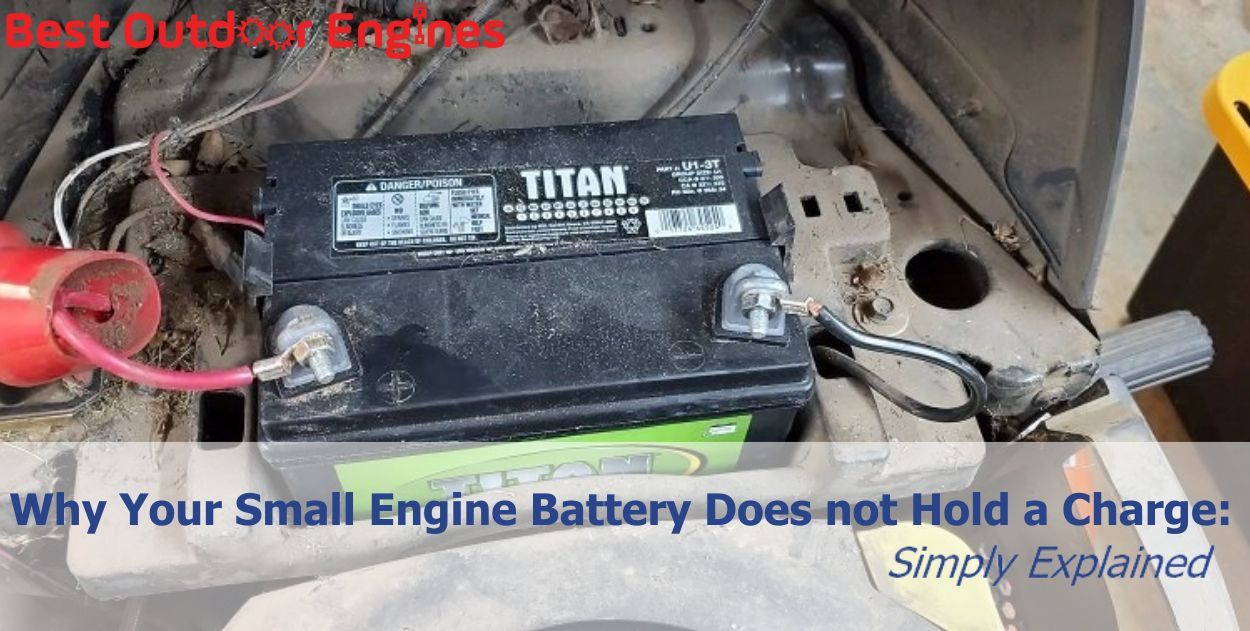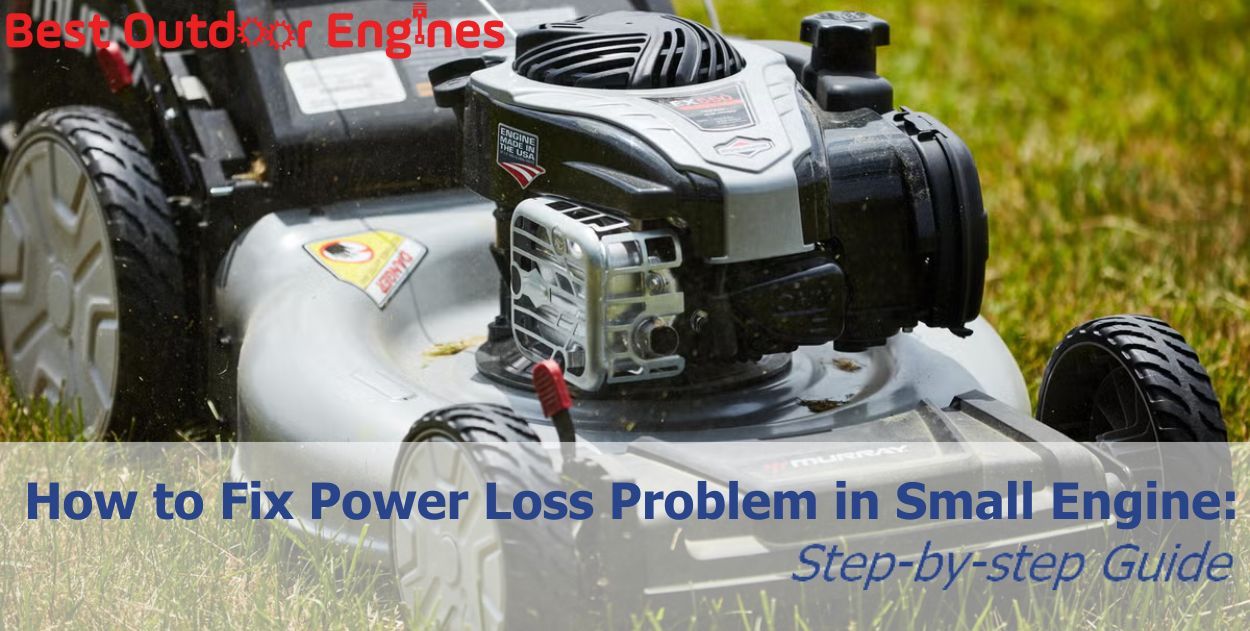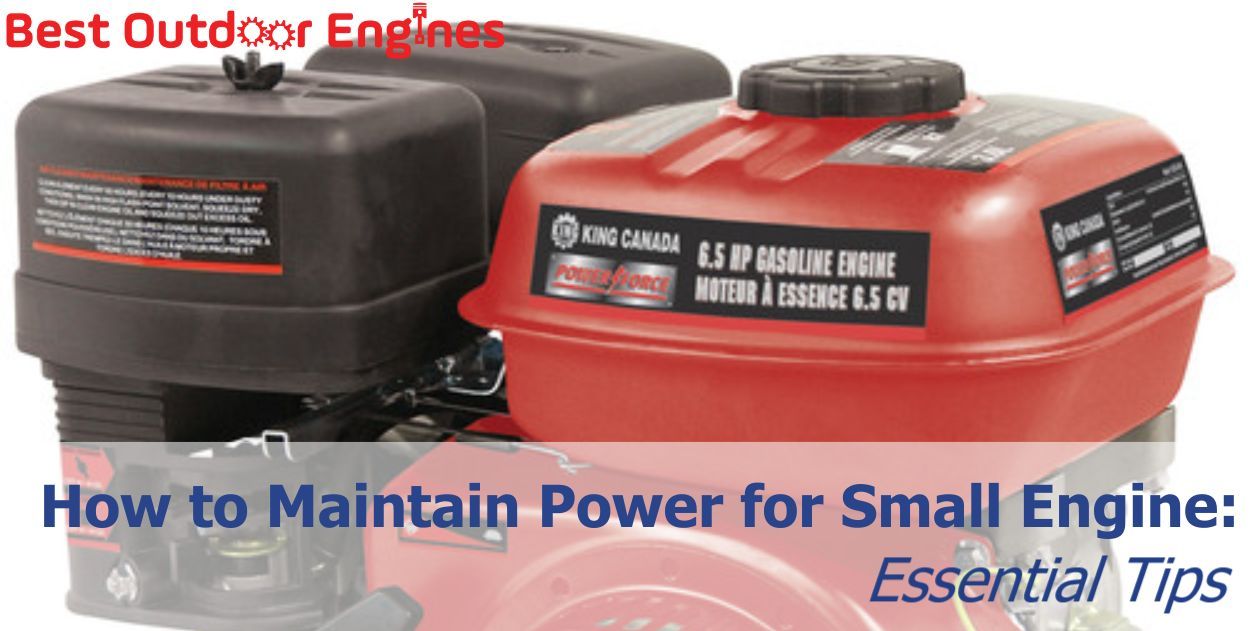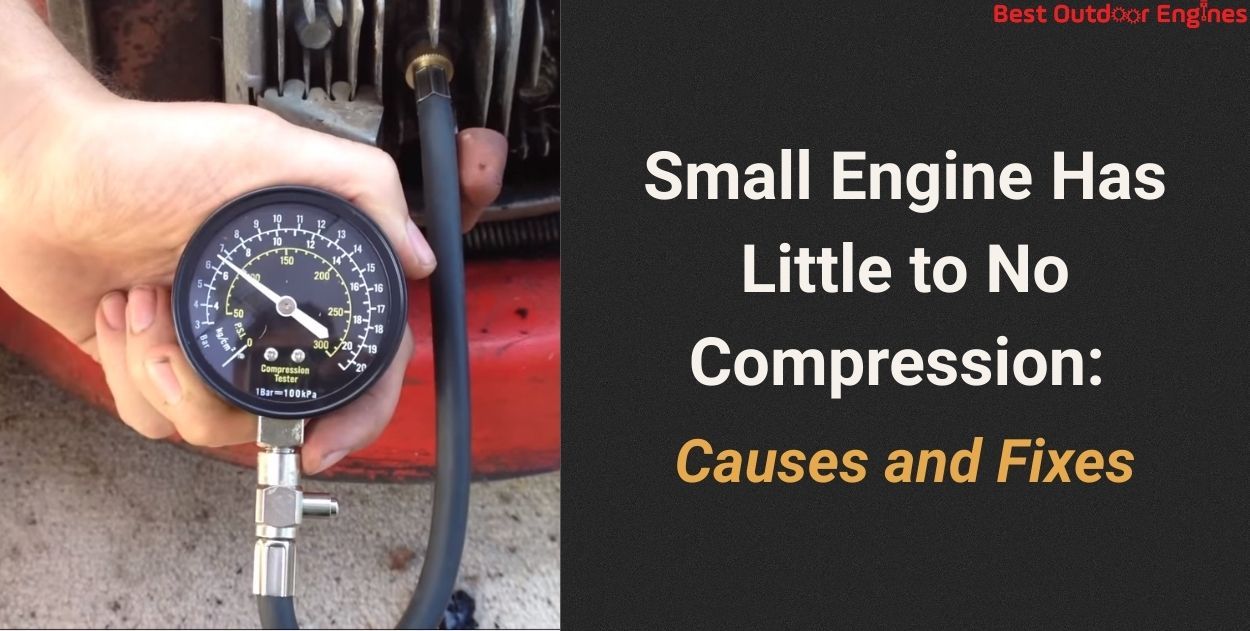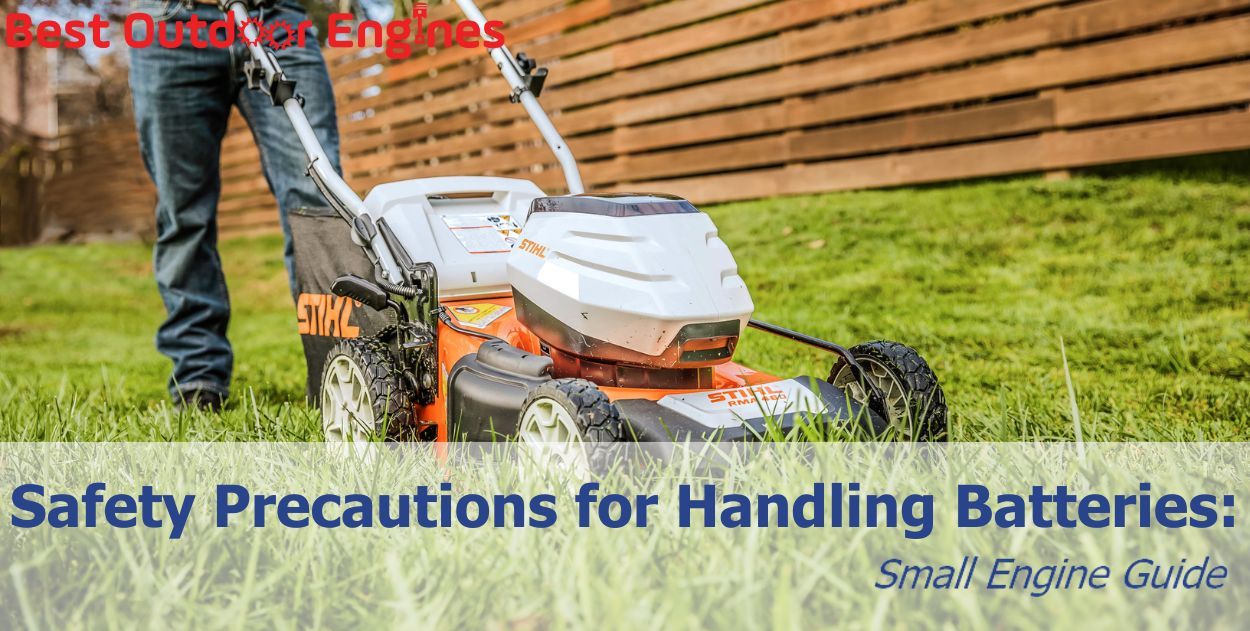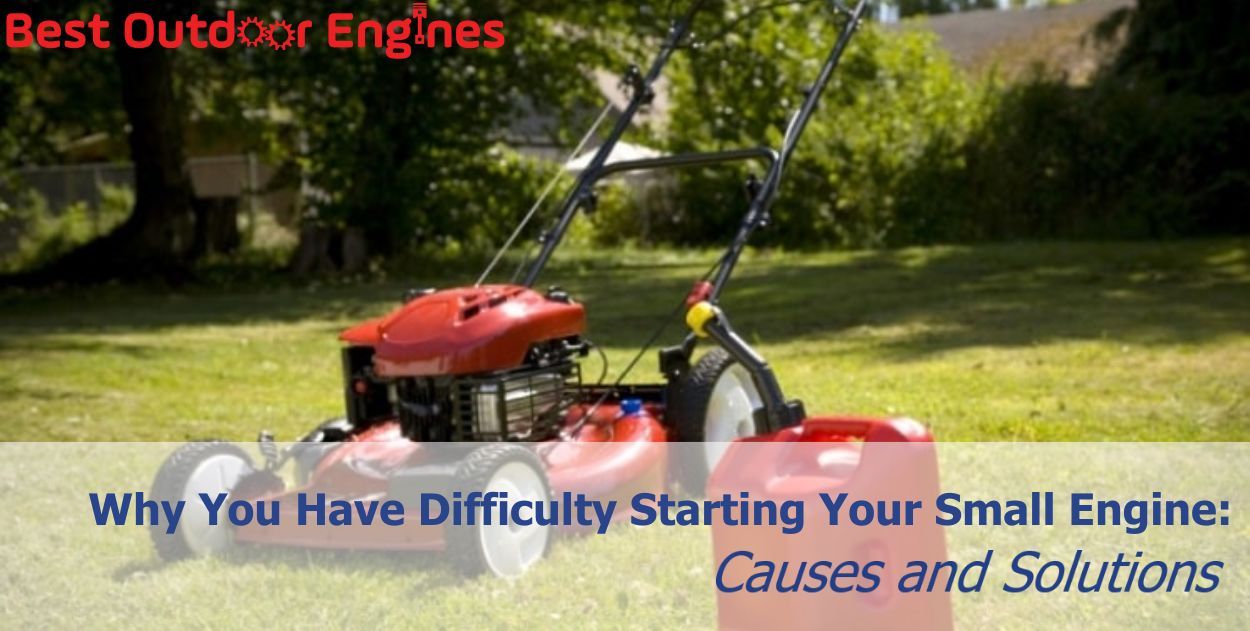What Causes Small Engine to Overheat: Small Engine Guide
This essay explores the primary causes of small engine overheating, including lack of maintenance, improper fuel mixture, and clogged cooling systems. We'll provide solutions and preventive measures to ensure your engine runs smoothly.

What You Need to Know about Small Engine Overheating
It is essential to understand and prevent small engine overheating for optimal performance and durability. These engines are used in lawnmowers, generators and many other power tools. They have a compact design that makes them prone to overheating due to high-intensity use. Overheating may cause various problems ranging from reduced efficiency to complete failure of the engine. Time, money and frustration can be saved if one knows what causes this condition as well as how it can be prevented.
 Maintenance on any engine is key for its smooth operation. Failure to carry out routine checks and services may result in overheating.
Maintenance on any engine is key for its smooth operation. Failure to carry out routine checks and services may result in overheating.
Regarding oils, when oil gets old or is of low quality, it loses its lubrication capabilities leading to friction which generates heat.
Air filters that are dirty or clogged restrict air flow hence making the engine work harder thereby producing more heat.
Dust particles and other debris could accumulate on the cooling fins thus reducing their effectiveness.
The right combination between air & fuel within the mixture is critical for an efficient combustion process. An improper fuel mixture can cause a rich mixture where there is too much fuel, which will result in incomplete combustion hence running hotter than required by an engine.
An effective cooling system should facilitate heat dissipation from an engine block otherwise there will be problems related to this area. Some common faults are. Blocked Air Vents – Grass, dirt or any other debris may block air vents thereby hindering enough ventilation. Bent or broken fins reduce surface area required for proper cooling through dissipation of heat. Faulty Fans – When cooling fans fail to move sufficient air around the engine so as to cool it down as expected.
Other factors which contribute towards small engine overheating include: Operating beyond capacity leads to generation of too much heat energy. Hot weather conditions also worsen problems associated with overheating. Extended Use – Running continuously without rest increases temperature within an engine block.
Excessive heat can adversely affect various aspects of engine performance. First, it makes your engine suffer power loss. This occurs when components expand due to excessive heating thus resulting in reduced power output from an engine. Higher temperatures also interfere with air-fuel mixture thereby causing incomplete burning and low efficiency.
Another noteworthy things is that engine parts wear out faster if they keep on being subjected to continuous overheating. The piston may be damaged as too much heat causes pistons to expand then seize hence leading into expensive repairs.
Extreme temperatures may warp cylinders which affect compression ratio as well as overall performance of an engine.
If left unattended, this problem can eventually cause complete breakdown of the whole system. Overheating makes head gaskets blow out thereby resulting in coolant leakage and considerable damage elsewhere within the motor. Severe thermal shocks may crack blocks necessitating replacement of entire engines.
Continuous overheating causes permanent damages such as metal fatigue. Repeated exposure to high temperatures weakens metals making them brittle and more likely to fail under stress. Heat can also break down engine oil reducing its ability to lubricate moving parts leading to increased friction wear.
 The sad answer for this question is actually no, as sometime, there may be issues that are out of control. However, there are still some ways to prevent it most of the time.
The sad answer for this question is actually no, as sometime, there may be issues that are out of control. However, there are still some ways to prevent it most of the time.
First, you should take up some routine maintenance. Be aware of changing the oil when it may be needed. Follow the manufacturer’s instructions on oil change to ensure lubrication and cooling is done well. Another thing is to always keep changing air filters regularly so that airflow can remain at its best. Take notice of your small engine cooling system, as you may need to clean it. Remove dust particles from air vents and coolant ribs frequently to keep the system clean.
Next, Manage all the fuel appropriately. Use the fuel-to-oil ratio recommended by the manufacturer. You can also prevent fuel mixture affecting residues by using good quality fuels only.
Always examine your cooling system. Regularly inspect to look for damaged cooling fans and fins which should be repaired or replaced as necessary.
Always avoid excessive load since this generates too much heat. Whenever you are using the engine for long hours, allow time for it to cool down in between to avoid overheating.
Although regular servicing helps reduce cases of overheating, it does not eliminate them. Environmental conditions or unexpected mechanical failures can still lead to overheating. It is therefore important to monitor how your engine works and address any signs of overheating promptly.
Knowing about causes and prevention methods against small engines getting overheat is essential if you want your machine to serve you better. Ensure that there is always sufficient cooling, use correct fuel mixtures, clean filters as required while doing regular checkups on various parts among other things that will keep your motor running smoothly always. You can therefore save yourself from suffering negative effects associated with high temperatures such as reduced lifespan alongside poor performance by following these guidelines diligently. Moreover, try out different preventive measures depending on situation intensity without necessarily waiting for failure occurrence which might cost much in terms of repairs or replacement.
1. What Are the Signs of Engine Overheating?
Common symptoms include: Smoke or Steam, where The engine department is having visible smoke or steam. High Temperature: The car engine feels extremely hot to touch. Strange Sounds: Tapping and ringing noise from the motor. Performance Issues: An abrupt power loss, black smoke, and stalling.
2. How Often Should I Check My Engine for Overheating Issues?
Before Every Use – A quick visual inspection to make sure nothing is blocking air flow. Every Ten Hours of Use – This includes checking oil levels and cleaning air filters. Seasonally—This entails changing oil and inspecting all cooling components
3. Can I Prevent Overheating Completely?
It is highly likely that you will minimize the risk of overheating by maintaining it properly and operating it correctly although you can never completely eliminate the chances due to outside sources and potential mechanical breakdowns. Regular checks plus prompt actions are important.
4. What Should I Do If My Engine Overheats?
When your engine gets too hot: Turn Off the Engine – Let it cool down completely. Inspect for Obstructions-See if there is any debris clogging up the cooling system. Check Fluid Levels–Ensure there’s enough oil as well as fuel. Seek Professional Help –If the problem persists, talk to a mechanic.
5. Why Is My Engine Overheating Even After Maintenance?
Persistent overheating may be caused by: Hidden Mechanical Issues-Internal engine problems not fixed during normal servicing. Environmental Factors—Too high temperatures from outside or heavy duties.
Failed Parts- Faulty cooling systems’ pieces or incorrect repairs made on them. Following these guidelines and conducting regular inspections will help you maintain optimum performance, longevity and functional ability of your small gas engine.

